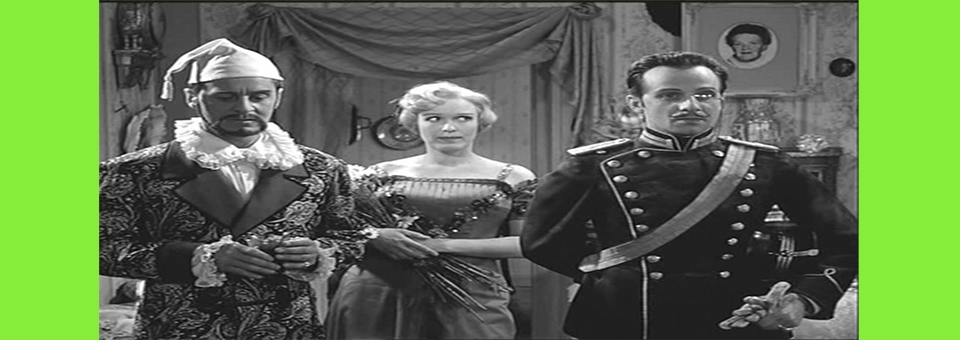I approached The Help very skeptically. In fact I probably would have never decided to watch this movie, under my own volition (plane rides and romantic entanglements aside), if not for it being nominated for a Best Picture this year. It seemed like the tried and true nomination. A movie Hollywood loves because it deals with social change, because it reminds everyone of how far we’ve come and yet how far we’ve still got to go, because it tells us that one person can make a big difference in the world and sometimes all it takes is a little courage. I know, it sounds like any sort of cookie cutter, feel good, social upheaval movie ever made. Fortunately not only does The Help deliver on those fronts it should be held as the gold standard for all similar types of movies.
The main goal for any story is to not only have a strong character but to have that character discover something about him/herself and allow the character to act accordingly to that realization. Amazingly every non-ancillary character goes through that transformation in this movie. Whether they are the still oppressed African-American maids Aibileen (Viola Davis, nominated for Best Leading Actress) and Minny (Octavia Spencer, nominated for Best Supporting Actress) or the upper-class white women who employ them, including Celia Foote (Jessica Chastain, also nominated for Best Supporting Actress) or Skeeter (Emma Stone), every character went through a meaningful and unforced transformation by the end of the movie. It’s hard enough to just have one character come to a realization in a movie AND do it well, it’s entirely a different thing for multiple characters to have that happen. This goes hand-in-hand with the impressive amount of well done subplots that expertly are woven throughout the movie.
Not to take anything away from the main plot, which is of the same quality, but the sheer magnitude of subplots scattered throughout that are allowed to not just be inserted but to come to fruition and satisfactorily end without feeling tacked on is a triumph in itself. Not only do the subplots keep the movie fresh throughout (not a once was I bored and needed to see how much time was remaining), and of course allow us to gain perspective into the characters’ emotions, but they also give the audience a reprieve from the typical social upheaval movie. We are not continually battered over the head with how tough Minny’s or Aibileen’s lives are, we do not need to see gut-wrenching scenes of abuse piled on, one after the other. The movie acknowledges the vast majority of movies about the civil rights movment contain those types of scenes and decides to remind the audience that abusive injustices still exist but do not trot them out for shock factor or injected intensity/”drama”.
Without the proper actors in place none of that would matter. Luckily every performance is pitch-perfect. The aforementioned Davis not only gives her suffering and her apprehension – towards telling her housekeeping tales to Stone’s Skeeter – nuance but also having to add that extra layer of hiding her emotions while working is what makes her performance so impressive. Stone’s turn as Skeeter is also well done. While Stone’s character isn’t the most dynamic character she is basically serves as the glue to the movie. She is the catalyst for the main plot and allows herself to be a misfit in a society that clearly would rather not have her; Skeeter could have easily been a one-trick sort of role but Stone makes sure the audience feels her disappointment when she fails while trying to fit in, as opposed to just writing it off . Even the one-note Hilly (Bryce Dallas Howard), who is one of the most self-important bitches (sometimes you have to call a spade a spade) in recent memory, perhaps the weakest developed character in the movie serves her purpose with Howard ratcheting up the smug bitchitude without going too far.
It is important to remember, however, that The Help is very much a Hollywood movie, meaning by the end of the film the good guys get everything they want and the bad guys are made sure they receive their comeuppance. While usually that tends to leave a bad after taste, as if it is unbelievable that things would work out so well, it doesn’t end up taking anything away from The Help by the time it happens. Sometimes the universe does reward and punish the correct people, it happens.
Ultimately The Help ends up being the best movie it could possibly be. With the strong performances and the constantly moving story due to the multiple subplots (let’s be honest a movie about anyone trying to write anything usually ends up being incredibly boring, ahem Julie & Julia ahem) the audience is engrossed throughout and shouldn’t begrudge the Hollywood ending. This doesn’t necessarily mean it should be a shoe-in for best movie this year but it is deservedly nominated and should give whichever winner some good competition.









bad taste in the mouth INDEEED